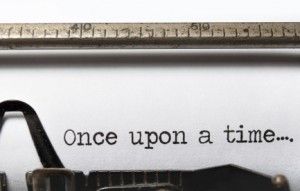
There are two ways people can protect their authorship when collaborating with more than one person. They can elect to do a joint authorship copyright agreement or set up a work made for hire agreement. Joint authorship copyrights are defined by the Copyright Act as “a work prepared by two or more authors with the intention that their contributions be merged into separable or interdependent parts of a unitary whole”. In this type of agreement, all authors have an equal right over the authorship and can use the created work as they please without consent of the other authors. However, if profit is made by the efforts of one author, then the profits must be split equally. It makes no difference whether one author contributed more than the other. The profits will always be divided equally.
The other type of agreement is considered a Work Made for Hire. In this agreement the author hires individuals to help with creating work. The author or entity holds all authorship and the hired individuals are essentially employees who forfeit their rights of authorship upon entering agreement. Content writers are hired to write for businesses. In this situation, the content writers do not have authorship rights over their work. The businesses have authorship over the content work.
Work made for hire is easy to establish if the work is done by a salaried employee. However, if the work is done by an independent contractor it is important to have the contractor sign a waiver stating that all work done for your company is intellectual property of your company to solely use as they please. Otherwise, establishing the work made for hire relationship versus joint authorship will be more difficult to prove.
Whether you decide to proceed with a joint authorship or work made for hire agreement, always set the details down in writing. A verbal agreement is very difficult to prove in a court of law. A written agreement signed by all parties is proof of acknowledgement. The written agreement helps also clears later confusion and is necessary to assert authorship rights.

